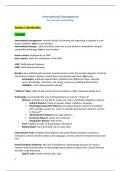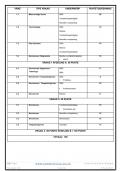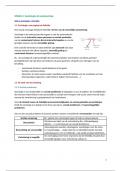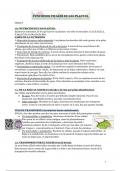Resume
International Management (D0M23B): Key Concepts Summary (2024!)
- Cours
- B-KUL-D0M23B (D0M23B)
- Établissement
- Katholieke Universiteit Leuven (KU Leuven)
Providing an in-depth list of all relevant concept regarding KU Leuven course International Management (D0M23B), Professor Jean-Malik Dumas. Extensive synthesis of literature, Coursework and lectures. Good luck and enjoy!
[Montrer plus]












